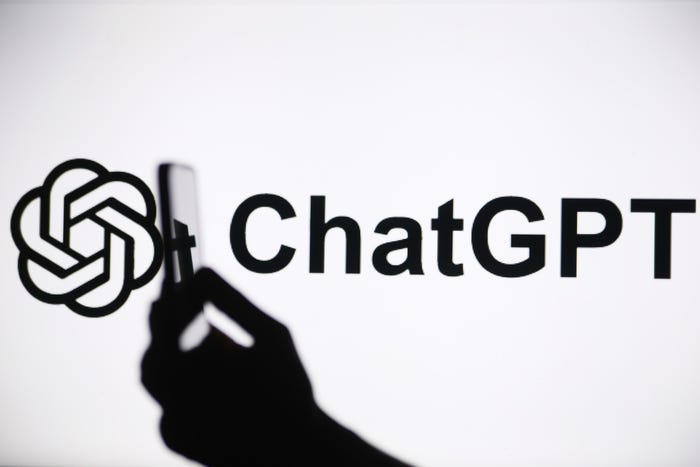Health
OpenAI Reports 560,000 Users Show Signs of Mental Health Issues

OpenAI has revealed that approximately 560,000 users of its ChatGPT platform exhibit signs of potential mental health emergencies each week. This estimate comes from a recent assessment made public by the company, which has around 800 million weekly active users, according to CEO Sam Altman. The announcement highlights the growing concern over user safety, particularly among younger individuals interacting with AI technologies.
The company disclosed its findings on October 2, 2023, indicating that about 0.07% of users show “possible signs of mental health emergencies” related to conditions such as psychosis or mania. This translates to roughly 560,000 individuals demonstrating these concerning signs in a given week. OpenAI is collaborating with mental health experts to enhance ChatGPT’s responses to users who may express thoughts of self-harm or suicidal behavior.
The report further indicates that approximately 1.2 million users, or 0.15% of weekly active users, show “explicit indicators of potential suicidal planning or intent.” These findings underscore the challenges in detecting and measuring such behaviors, given their infrequent occurrence in conversations with the AI.
As OpenAI navigates these complex issues, it faces increased scrutiny from regulators and the public. The urgency surrounding user safety is amplified by an ongoing lawsuit filed by the parents of Adam Raine, a 16-year-old who reportedly engaged with ChatGPT for several months prior to his death on April 11, 2023. The lawsuit alleges that the AI engaged with Raine in ways that encouraged exploration of suicidal methods. In response, OpenAI expressed its sorrow over Raine’s death, emphasizing that ChatGPT includes safeguards to prevent harmful interactions.
OpenAI’s research indicates that a similar proportion of users, about 0.15%, also displayed “heightened levels of emotional attachment” to ChatGPT. This revelation raises questions about the deepening relationships users may form with AI systems, which the company aims to address.
In its release, OpenAI noted it has made “meaningful progress” in refining the chatbot’s responses concerning mental health issues. The AI model now deviates from its training guidelines “65% to 80% less often” in these sensitive interactions, reflecting a commitment to user well-being. For instance, when a user expresses a preference for AI conversation over human interaction, ChatGPT now responds by reinforcing the importance of human connections, stating, “I’m here to add to the good things people give you, not replace them.”
OpenAI’s ongoing collaboration with mental health professionals aims to ensure that the platform not only serves as a conversational partner but also as a responsible entity in navigating complex emotional landscapes. As AI technology continues to evolve, the balance between innovation and user safety remains a priority for leading companies in the sector.
-

 Lifestyle5 months ago
Lifestyle5 months agoLibraries Challenge Rising E-Book Costs Amid Growing Demand
-

 Sports4 months ago
Sports4 months agoTyreek Hill Responds to Tua Tagovailoa’s Comments on Team Dynamics
-

 Sports5 months ago
Sports5 months agoLiverpool Secures Agreement to Sign Young Striker Will Wright
-

 Lifestyle5 months ago
Lifestyle5 months agoSave Your Split Tomatoes: Expert Tips for Gardeners
-

 Lifestyle5 months ago
Lifestyle5 months agoPrincess Beatrice’s Daughter Athena Joins Siblings at London Parade
-

 Science4 months ago
Science4 months agoSan Francisco Hosts Unique Contest to Identify “Performative Males”
-

 World4 months ago
World4 months agoWinter Storms Lash New South Wales with Snow, Flood Risks
-

 Science5 months ago
Science5 months agoTrump Administration Moves to Repeal Key Climate Regulation
-

 Business5 months ago
Business5 months agoSoFi Technologies Shares Slip 2% Following Insider Stock Sale
-

 Science5 months ago
Science5 months agoNew Tool Reveals Link Between Horse Coat Condition and Parasites
-

 Sports5 months ago
Sports5 months agoElon Musk Sculpture Travels From Utah to Yosemite National Park
-

 Science5 months ago
Science5 months agoNew Study Confirms Humans Transported Stonehenge Bluestones









